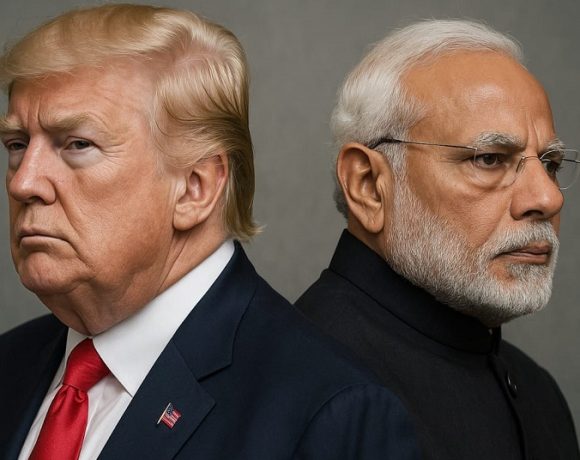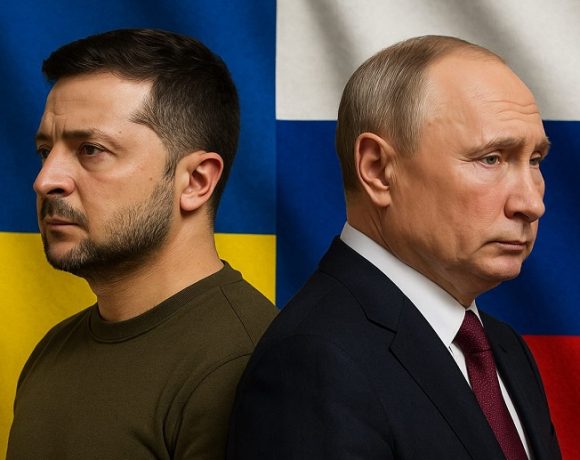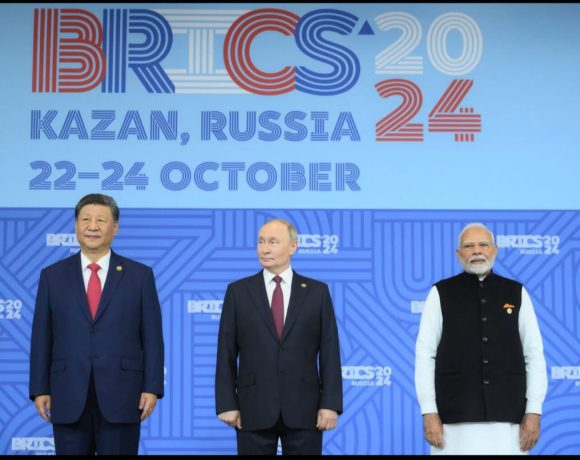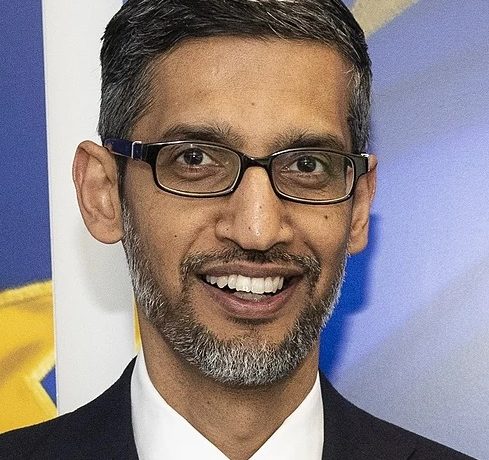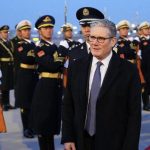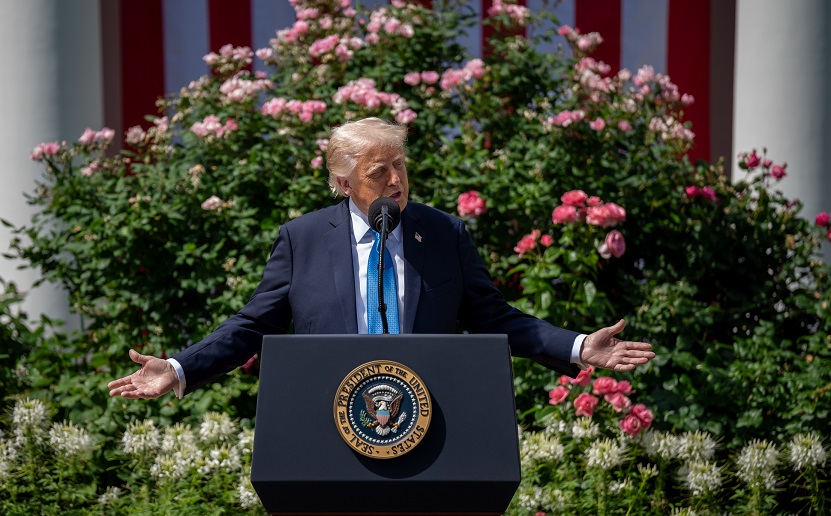
Trump Urges Ceasefire Between Cambodia and Thailand
U.S. President Donald Trump has called on Cambodia and Thailand to immediately end their escalating border conflict, warning that the United States will halt all trade negotiations with both nations if hostilities do not cease by August 1. Speaking during a visit to Scotland, Trump announced plans to impose tariffs of up to 36 percent on Thai and Cambodian exports if fighting continues, using economic pressure as a diplomatic tool to encourage peace.
Threat of Tariffs Tied to Ceasefire Deadline
Trump stated that ongoing trade talks with both countries will be suspended and new tariffs introduced if a ceasefire is not achieved soon. He claimed to have communicated with Cambodian Prime Minister Hun Manet and Thailand’s acting Prime Minister Phumtham Wechayachai, both of whom, according to Trump, responded positively to his call for restraint. However, Thailand is reportedly waiting for Cambodia to show sincere intent before agreeing to any ceasefire.
Conflict Leaves Dozens Dead and Thousands Displaced
The border clashes, which began earlier this week, have resulted in at least 33 deaths—20 in Thailand and 13 in Cambodia—and displaced more than 168,000 people. Heavy artillery fire, troop movements, and civilian evacuations have turned the disputed region into a humanitarian concern, prompting international appeals for calm.
Trump Compares Crisis to India–Pakistan Standoff
Trump compared the Cambodia-Thailand conflict to the India–Pakistan tensions earlier this year, claiming his intervention had helped bring about a ceasefire between the South Asian neighbours. However, Indian authorities have maintained that trade talks were not part of that ceasefire arrangement, slightly undercutting Trump’s analogy.
ASEAN and UN Also Call for Peace
The United Nations Security Council and ASEAN member states have also appealed for a de-escalation of violence. Malaysia, which holds the current ASEAN chair, has offered to mediate. Cambodia has accepted a ceasefire without conditions, while Thailand continues to push for direct negotiations and reciprocal commitments before making a final decision.
Global Attention Turns to Trump’s Diplomacy
Trump’s direct involvement in Southeast Asia marks a rare intervention in the region. Analysts see his approach as a mix of economic leverage and geopolitical signaling, aimed at stabilizing the area while advancing U.S. trade interests. With the humanitarian crisis worsening and diplomatic efforts intensifying, all eyes are now on whether his strategy will lead to a breakthrough.


